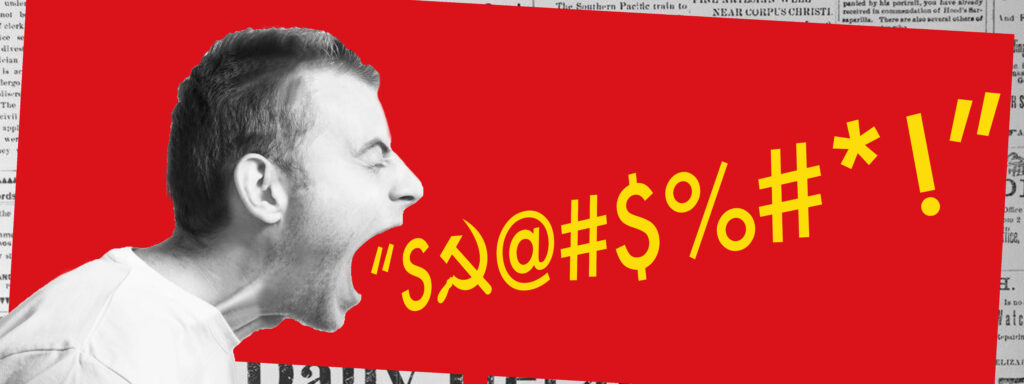
As we approach the one-year anniversary of living within a global pandemic, one might reflect on both the tremendous losses the world has suffered and the curious way in which this event has altered the trajectory of our nation’s future.
COVID-19 has upended the lives of millions of Americans, and with its onset came the hope of an economic safety net. The one we got came in the form of $1200 stimulus checks which ended prematurely and progressed in fits and starts, giving relief along with a certain sense of unease about the extent of the measures. These stimulus checks, re-started in December at $600 per qualifying person, began to provide a tangible example of what a more socialist agenda could look like in times of need, albeit an example that could use improving.
In other times of great need in our nation’s history, there has been a similar embrace of heftier government intervention. The Great Depression saw significant structural changes and government involvement as an answer to widespread poverty and exigency. Those who remember the Great Depression are now elderly; the only person I know who lived through it is my 94-year-old maternal grandmother. Of these holders of memory, there are fewer and fewer. Fear of socialism persists, while memories of its successful application are dying with our grandparents’ generation. The pandemic poses an opportunity to counter this unfounded fear of socialism by forming new memories of its application in the present and shaping our understanding of the rightful functions of government.
An article published last month in the Economist points out the United States’ “rapidly constructed European-style safety-net” and suggests its benefits. Understanding that we are dependent on a social safety net bodes well for the term socialism, becoming less of a dirty word and increasingly a positive concept that is embraced and practically-tested. In a nation that has historically prided itself on its rugged individualism, the COVID-19 pandemic has highlighted the fact that we are more interdependent than we thought and that we need each other and our government, too.
The American argument for entire self-reliance falters when confronted with something as all-encompassing as a global pandemic. With widespread joblessness turning into a trend and dependence on financial assistance becoming the accepted norm, we are now in a position to challenge the refrain that success constitutes pulling oneself up by one’s bootstraps. That this quintessentially American act is a purely individual one and not the result of the complex interplay between ourselves and those who have enabled our successes is a myth that needs remedying.
My hope is that a common understanding of our interconnectedness and our need for substantive government intervention will bode well for our future, as we demand a rethinking and restructuring of the powers that be to serve us more adequately, both in our daily lives and in times of great need.
These thoughts are open to you, the reader, and are intended to spark fruitful conversation about this topic. In keeping with this theme, this article will serve as the gateway to a column that, I hope, will provide an avenue for discussion of stimulating themes, ranging from the political to the practical.
This is the first edition of a biweekly column written by Maddie Hsu, a junior at Mills and a History major.


